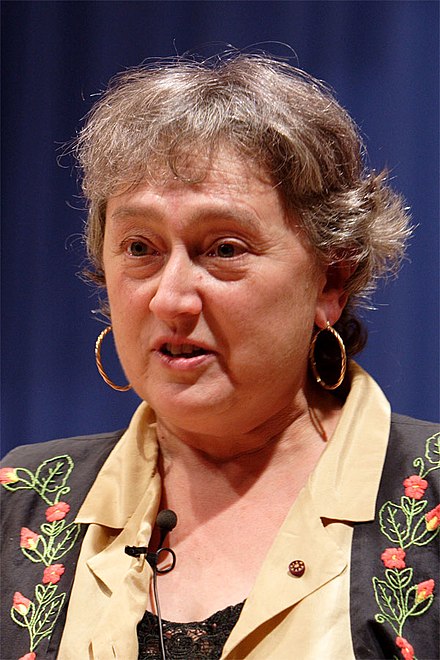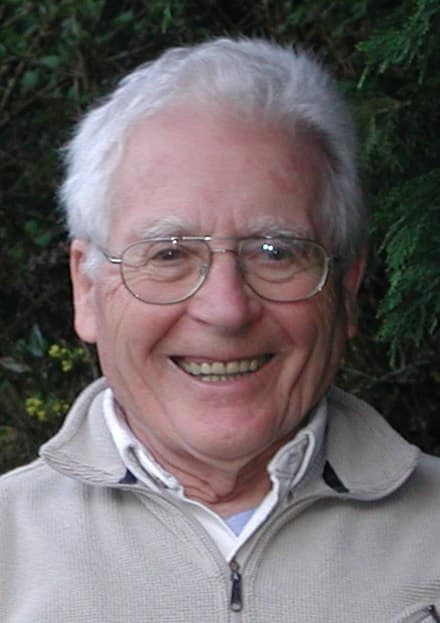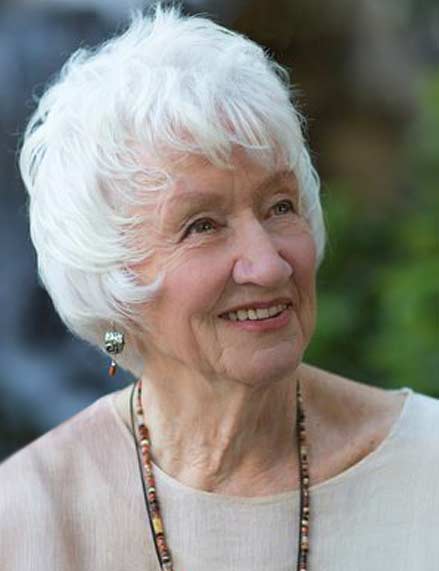In outlining his philosophy Arne Naess advocated the exploration and cultivation of an “ecological identity”. For this reason Deep Ecology differs importantly from a modern “objective” science of ecology in that subjectivity (the observer) is not ignored, but actually welcomed into the picture. This opens up a domain of enquiry that in important sense has been off-limits from the perspective of reductionist world view that separates mind from matter, “soul” from body. This has not always been the case, so that some of the early luminaries of western science were also devoutly spiritual, and indeed quantum physics is now pointing us back towards an inclusion of the subjective at a fundamental level of reality.
The power of the work proposed in Deep Ecology lies in bringing back into balance our embodied, implicit knowledge with our cognitive, explicit understanding of the world. This (re-)emerging perspective is not in opposition to a reductionist approach, which has its own power and application, but rather is a compliment and balance to the limitations of a dualistic world view. Rather than being in opposition to a deeper, even spiritual connection with the Earth, with life, or with the cosmos, theorists and practitioners alike find that a scientific understanding often enriches our experience of connection. An understanding of the of the epic of evolution for example, can engender a feeling of awe and reverence. Below are posts relating to the science of Deep Ecology. This page is still under development, and will be arranged into key topics as the project progresses
Some key thinkers
-

Profile: Lynne Margulis
Lynn Margulis (born Lynn Petra Alexander;[2][3] March 5, 1938 – November 22, 2011)[4] was an American evolutionary biologist, and was the primary modern proponent for the significance of symbiosis in evolution. Historian Jan Sapp has said that “Lynn Margulis’s name is as synonymous with symbiosis as Charles Darwin‘s is with evolution.”[5] In particular, Margulis transformed…
-

Profile: James Lovelock
James Ephraim Lovelock CH CBE FRS (26 July 1919 – 26 July 2022) was an English independent scientist, environmentalist and futurist. He is best known for proposing the Gaia hypothesis, which postulates that the Earth functions as a self-regulating system.[3] He invented the electron capture detector and, using it, became the first to detect the…
-

Profile: Elisabet Sahtouris, M.S., Ph.D
Elisabet Sahtouris, M.S., Ph.D is an evolution biologist, futurist, professor, speaker, author and sustainability consultant to businesses, government agencies and other organizations. She is a US and Greek citizen who has lived in the USA, Canada, Greece, Peru and Spain while lecturing, doing workshops and media appearances in Europe, North, Central and South America, the…
Post relating to the topic of Science in Deep Ecology
Some key concepts
- Gaia Theory
- Deep Time
- Deep Space
- Systems View Of life
- Symbiosis
- Theory of Relativity
Coming soon…
- Satish Kumar
- Rachel Carson
- Fritjof Capra
- Stephan Harding
- Brian Swimme
